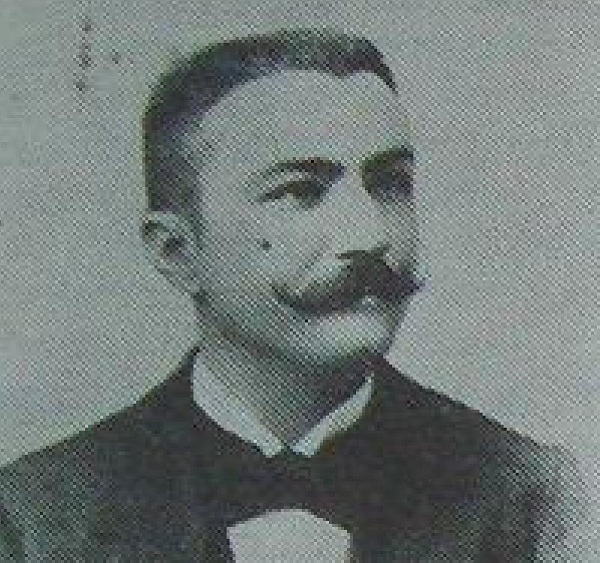Famous Romanians: Emil Racovita, the founder of bio-speleology

 Romanian Emil Racovita was a famous scientist, explorer and biologist, the founder of bio-speleology. He was elected academician and president of the Romanian Academy and, at only 25, he was also elected member of the Zoological Society of France. He was also the first Romania to go on a scientific research expedition to the Antarctic.
Romanian Emil Racovita was a famous scientist, explorer and biologist, the founder of bio-speleology. He was elected academician and president of the Romanian Academy and, at only 25, he was also elected member of the Zoological Society of France. He was also the first Romania to go on a scientific research expedition to the Antarctic.
By Irina Laptoiu, editing by Irina Popescu
Racovita was born in Iasi, in Northern Romania on November 15, 1868. He started his education as a student of Ion Creanga, a famous Romanian writer, and continued his secondary education at the "Institutele Unite" high school. He then studied law in Paris and worked in the laboratories of the biological marine resort Arago at Banyuls-sur-Mer, where he conducted diving series to study the underwater life.
Racovita earned his B.S. degree in 1891, and a Ph.D. degree in 1896. Between 1897-1899 he attended a Belgian expedition to the Antarctic on the ship Belgica, led by Adrien de Gerlache. After two years of exploration, the Romanian has undertaken a study on the lives of whales, penguins and other Antarctic birds, which earned him a well deserved reputation. The results of his research were published in 1900, under the title “La vie des animaux et des plantes dans l’Antarctique” ("The life of animals and plants in Antarctica").
A year after his return, Racovita was appointed director of the Banyuls-sur-Mer resort and editor of the review "Archives de zoologie expérimentale et générale". He continued his research, contributing to speleology and exploring over 1,400 caves in France, Spain, Algeria, Italy and Slovenia. He is considered to be, together with Rene Jeannel, one of the founders of bio-speleology, which he defined as a science that studies life in the underground environment, especially in caves.
In 1919, Racovita became head of the Biology Department at the Upper Dacia University (now the Babes-Bolyai University) in Cluj where he founded the world's first Speleological Institute in 1920. The same year, he became a member of the Romanian Academy and remained a major figure of scientific life in Romania.
Emil Racovita died on November 17, 1947 at the age of 79. His main works are "Essai sur les problèmes biospeologiques" ((Essay on biospeological problems) (1907), "Speleology" (1927) and "Evolution and its problems" (1929).
irina.laptoiu@romania-insider.com; irina.popescu@romania-insider.com















